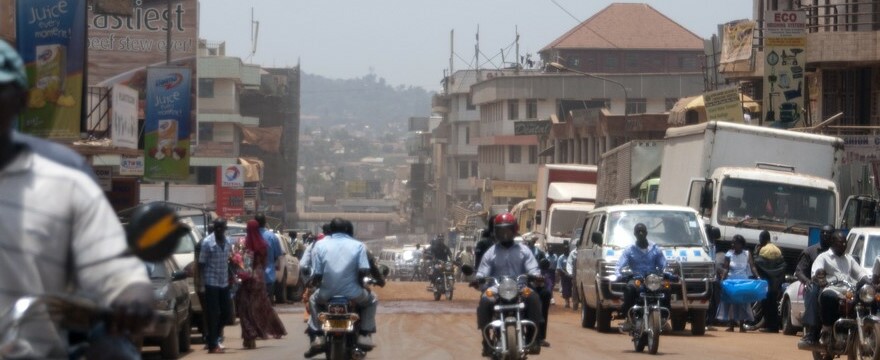A civil society member said Sudanese refugees living in the Ugandan capital, Kampala, are facing harsh living conditions amid a lack of assistance from relief agencies.
Speaking to Radio Tamazuj on Saturday, Hassan Abdelkarim, the director of Asham Bakir Centre for Enlightenment and Development in Zalingei of Sudan’s Central Darfur state, said that some of the Sudanese refugees in Kampala left the settlement camps in search of job opportunities outside due to the harsh living conditions amid lack of assistance from the humanitarian organizations.
He added that if the harsh conditions continue, some refugees might decide to return to their country despite the ongoing war.
Abdelkarim pointed out that the humanitarian agencies did not provide any relief supplies, and the only assistance they provided was for specific groups such as journalists and lawyers.
He explained that getting a refugee card has become difficult as some individuals take advantage of the situation and sell the cards for 200 USD.
The civil society activist affirmed that the only solution to the Sudanese crisis is through dialogue, calling on the international community to pressure the warring parties to negotiate a peace deal to end the ongoing war.
He stressed the importance of accountability for those who committed crimes against humanity during the ongoing conflict.
The civil society leader concluded that the current fighting is a proxy war between army generals and that the only people affected are the Sudanese population, adding that an international effort should be directed toward ending the war and protecting civilians.
About 5.4 million people have fled their homes and sought refuge within Sudan or neighbouring countries since fighting started in mid-April, according to the latest UNOCHA report.
Also, an estimated 188,000 refugees have abandoned hotspot areas to other locations across Sudan.




